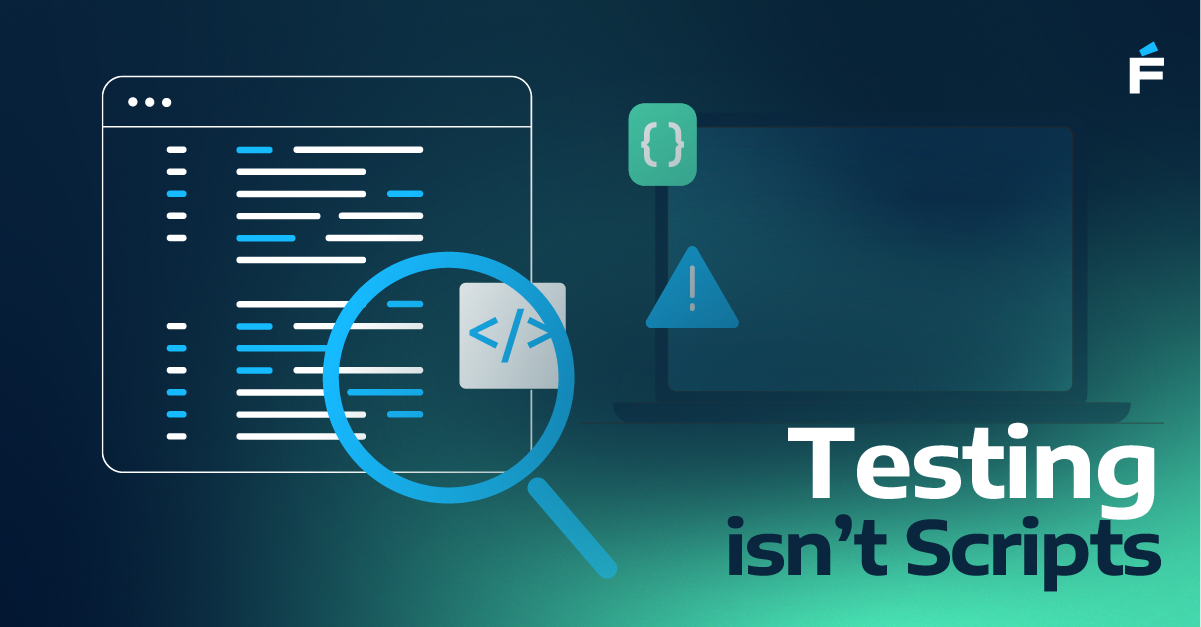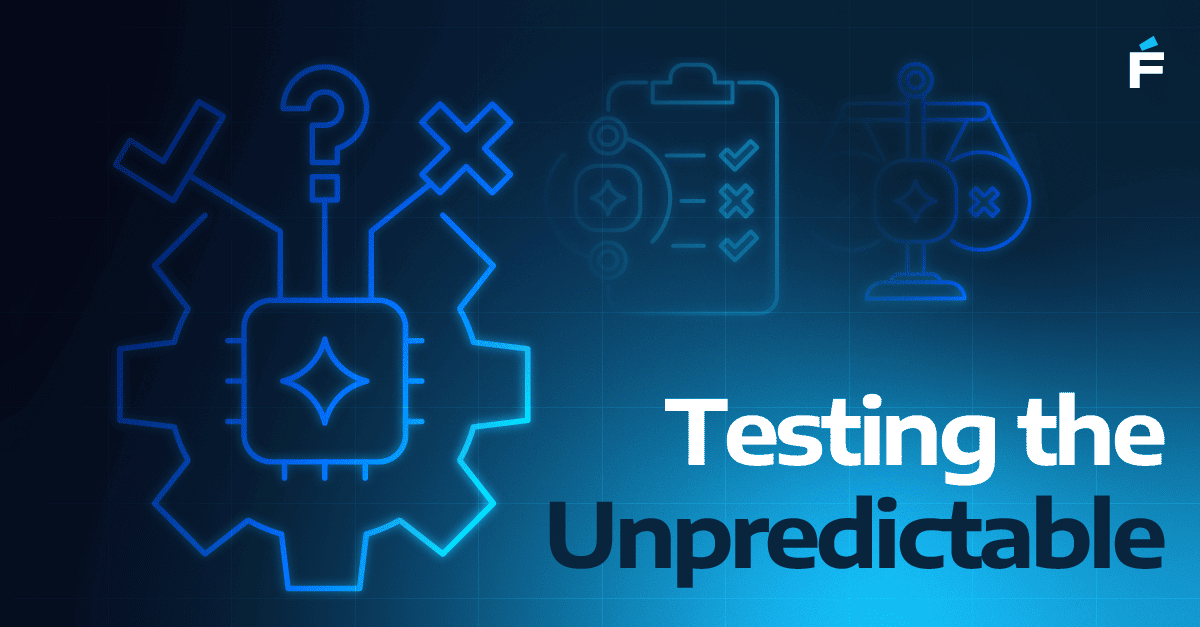Introduction
As public healthcare systems have been front of mind over the past two years, it’s no surprise that global spending in the healthcare industry is skyrocketing. In addition to a global pandemic, a variety of factors have influenced this increased spending: aging populations, advances in digital technologies, and higher rates of chronic health conditions, to name a few.
According to a 2020 report, the U.S. healthcare consumption per capita is $12,530. Switzerland and Germany spend $8,009 and $5,728 per capita, respectively. Other top spenders on health are Sweden ($5,511) and Austria ($5,440).
Increased demand for public health resources has created a strain on healthcare workers and the systems they use, even in some of the world’s wealthiest countries. Technology and automation offer ways to streamline healthcare, but most organizations lag on the adoption curve.
The digitalization of healthcare offers an opportunity to make systems more efficient, alleviating the demands on health workers by automating mundane tasks. As these systems process huge amounts of sensitive patient data, security, risk management, and privacy are significant concerns for organizations and patients.
That’s why quality, testing, and test automation are crucial for healthcare companies as they navigate digitalization. Healthcare products must deliver accuracy, precision, and data security, which is impossible without quality testing. Demand for healthcare services is not expected to slow, so quality assurance, testing, and automation are crucial to improving the healthcare industry.
Below, we’ve listed the top five ways healthcare organizations can leverage test automation to streamline processes and better serve patients.
1. Medical devices compatibility
For healthcare providers, accurate, up-to-the-minute data can often save lives. Medical devices need to operate smoothly and quickly connect to the corresponding software systems and data servers.
Optimizing data flow requires testing and test automation strategy, which involves time, resources, and technology expertise. In addition, the testing process must be diligent and certified to provide data security and device compliance.
To ensure that all medical devices are in sync with one another, tests should be recorded and repeated for device compliance and audit. With a test automation strategy, healthcare organizations can create a robust QA environment that ensures optimal interoperability among devices and data systems.
Automated testing makes finding bottlenecks and bugs easier and faster, ensuring a more accurate integration between core medical software and smart devices.
2. Resource-saving
One key benefit of functional testing is the delivery of data-generated bug reports and security alerts. Over time, automation improves processes by validating workflows and measuring performance to ensure more thorough audits. QA analysts can use automation to monitor implementation and execution to the parameters they choose, which results in higher quality software within a shorter development cycle. Cycle by cycle, testing covers all scenarios and setups, achieving complete functional testing.
Usability testing includes several user scenarios that users repeat daily, or in some cases, several times a minute. To ensure functionality, the healthcare application should support the repetitive behavior of users. Test automation streamlines the testing process, avoiding the inevitable mistakes of manual testing. Tests can be run as many times as required, ensuring the accuracy of the application’s functions.
Test automation frees up resources to focus on more strategic elements of QA further feature development. With automation, product teams can spend their time improving processes rather than maintaining them.
3. Security
Data security and privacy should be the top concerns of any organization, but these are critical areas of focus for healthcare organizations. Patients expect that their sensitive data and healthcare records remain secure and private. Those organizations that cut corners around security often find themselves running afoul of government health record regulations.
The penetration testing process helps healthcare organizations stay ahead of data breaches in a sustainable way. User data validation, log-in procedure documentation, and encrypted user data are essential to ensuring software security.
Naturally, healthcare organizations must account for the specialized regulations that advocate for a patient’s privacy. In the U.S., healthcare products must adhere to the Health Insurance Portability and Accountability Act (HIPAA) requirements to ensure the protection of the patients’ health data. Test automation helps to test different case scenarios on valid and invalid data to protect information workflow across channels and feature functionality.
Source: Cost of data breach report 2021, IBM Security
4. Big data processing
As we’ve noted, the healthcare sector stores large amounts of patient data. Analytical tools use this data to process information and build better quality products that result in better patient experiences and healthcare outcomes. Big data solutions help handle the data and make more informed decisions regarding healthcare plans, disease cures, research, and drug prescriptions.
Big data testing converts data flow into a structured system, leading to effective performance tracking, personnel management, and sustainable growth.
5. Cost-saving
You’ll spend less time on manual adjustments and verification with a better quality product. It decreases the cost of building and maintaining software.
Less time spent on manual adjustments and verification decreases the costs of the software. Earlier deployment fixes save product delivery time and bring your products to market faster. When you can identify problems and bugs earlier, you avoid downtime and reduce the time to remedy the underlying problem.
In this way, healthcare organizations can avoid wasting resources, improve practical processes, and increase their revenue through an effective test automation strategy.
In conclusion
Just about every industry can benefit from a quality assurance and test-focused approach to their software. But for the healthcare industry, QA and test automation can offer even greater value.
Security of patient data, secure interface for applications, optimal turnaround time, interoperability of medical devices, and flawless performance are critical areas that the healthcare sector has to deal with daily. That’s why quality assurance and testing are essential steps healthcare organizations must focus on to deliver relevant solutions to patients and other customers.
At Forte Group, we help transform innovative designs into reliable and successful products with our independent testing practices for healthcare testing. Our services include an end-to-end test lifecycle offering involving processes, people, and tools. In addition, our software testing experts with 25+ years of experience share the exercises and best practices that have worked for 300+ test automation projects.




.png)
